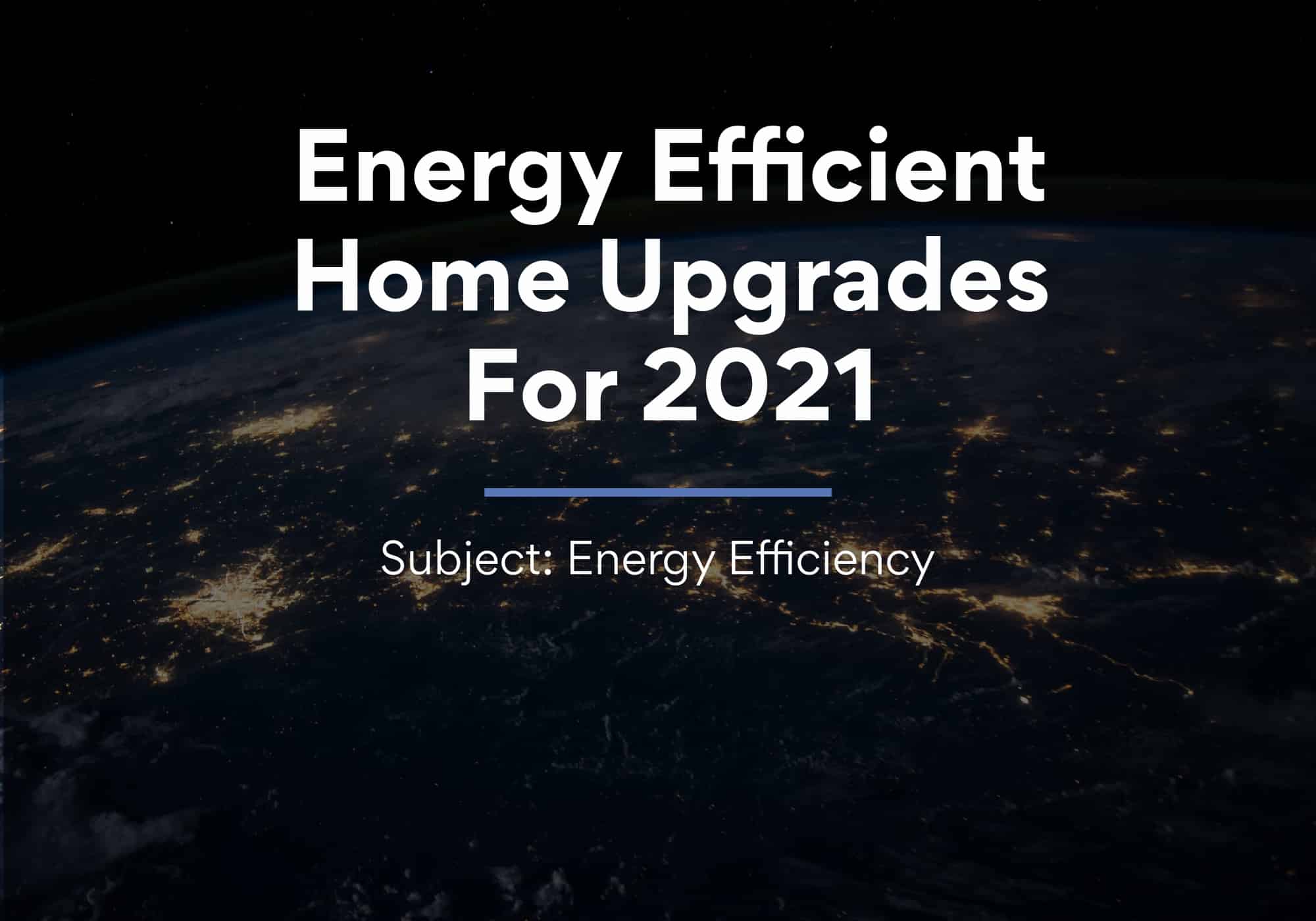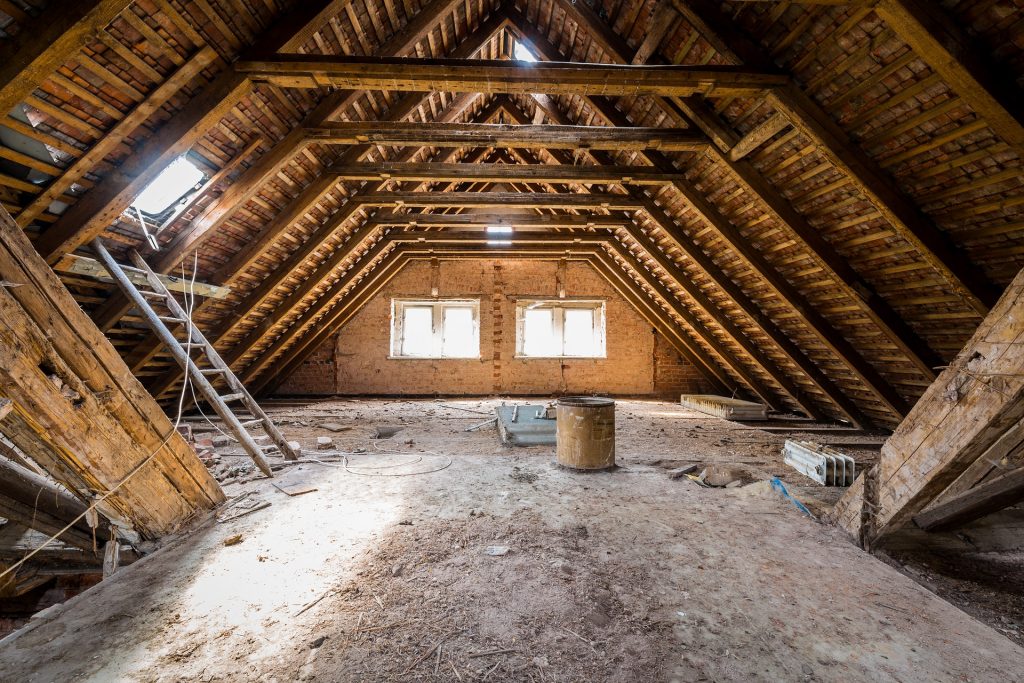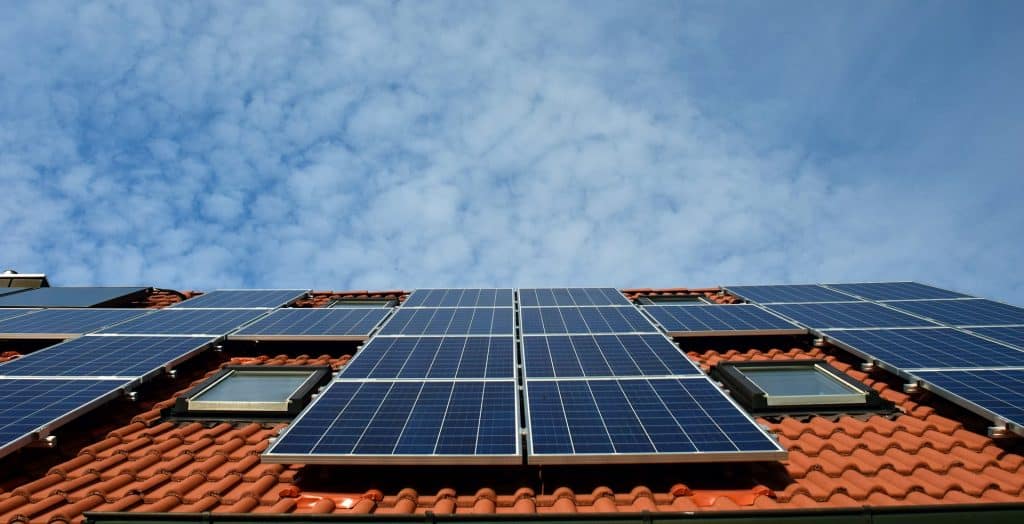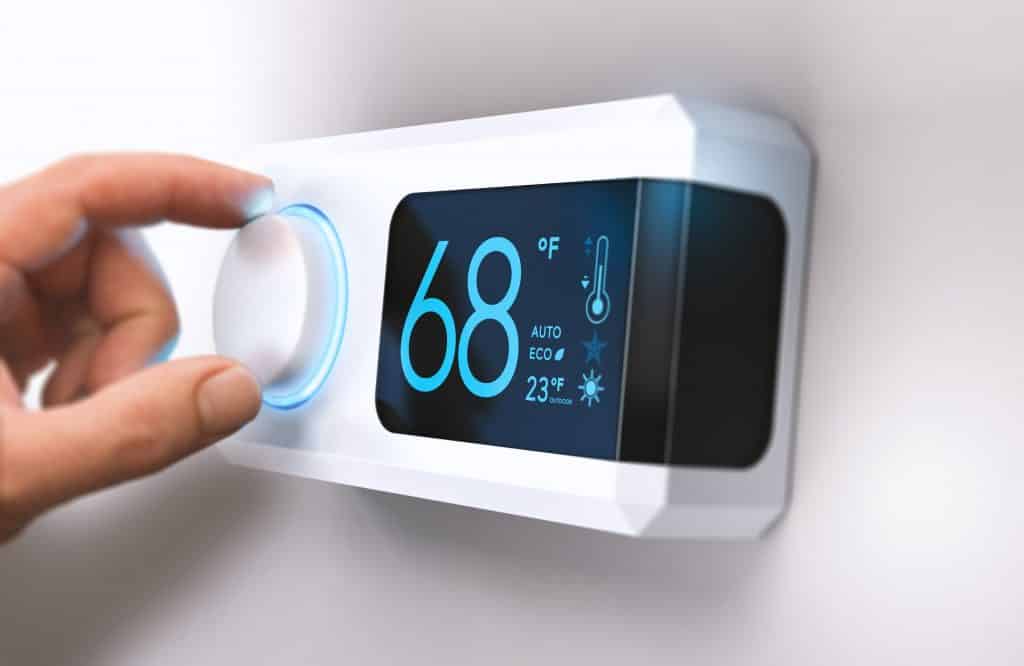Looking to save in 2021?
These energy efficient home upgrades will help.
If you’re like most people, you’ve been spending a lot more time at home this year. And having a full house 24/7 isn’t the most cost-effective way to live. Between having the A/C on all day, hosting Zoom meetings, and cooking every meal at home, you may be on the lookout for ways to save energy in 2021.
Luckily, there are a few home improvements that can help lessen the strain on your home while also making you more comfortable.
Here are nine energy efficient home upgrades you can do this year to reduce your carbon footprint.
1. Attic Insulation
Florida is well-known for its blistering, humid summers, which puts a strain on your HVAC system. So anything that takes some of the burden off your A/C will save you in the end.
Heat from the sun enters your home through the roof (more roof = more heat) and settles into your attic, then transfers into the rest of your home. But adding insulation inside your attic can prevent this heat (or cold) from getting into your home in the first place.
What type of insulation you choose will determine whether you need to call an expert or not. You may be able to install cotton batting sheets yourself with a little know-how, but you’ll need to call a pro for spray foam installation.
2. New Windows and Doors
Another area where air can escape your home is through windows and doors. Yes, even if you caulk and apply weather stripping, heat loss can occur through the material itself.
Modern-day doors and windows have excellent insulating technology which can keep hot air out and cool air in. Some windows even block the heat from the sun entirely, meaning you can let that daylight stream in all summer without having to worry about your electric bill.
Having your doors and windows replaced is definitely an investment, but it’s well worth it if you’re thinking about your home’s resale value. HGTV estimates that you can receive up to 80% of your initial investment when you sell.
3. Seal Air Ducts
Here in sunny Central Florida, air conditioning is very important. You want to control the temperature inside your home, but you can’t do that if the cold air doesn’t stay put.
One way to combat energy loss is by insulating and sealing leaks in your air ducts. When cold (or warm) air is seeping out through cracks and open seams in the ductwork or radiating out into the air, it isn’t making it’s way into your home. This means your HVAC handler has to work extra hard to maintain your preferred temperature.
While you’re at it, consider having your air ducts professionally cleaned and sanitized to take care of any mold buildup.
4. Heat Pump Water Heater
The average electric water heater lasts about 10-15 years, so there’s a good chance you haven’t given much thought to replacing it. But a heat pump water heater can save hundreds of dollars each year.
Heat pump water heaters work like your fridge, but in reverse. Rather than pushing warm air out, they bring warm air in and use it to heat the water in your tank. The result? Hot water on demand and for much less.
Since Florida has no shortage of ambient heat, this is an easy way to save energy and money.
5. Low-Flow Fixtures
You may already know that taking a shower saves more water than taking a bath. But did you know there’s a way to take that a step further? Installing a low-flow shower head will help you conserve water without taking the steam out of your daily ritual.
There are two kinds of low-flow shower heads. Aerating models mix oxygen and water to create the illusion of more water. Non-aerating models use high pressure by forcing water through very small holes.
Low-flow toilets and faucets are also available, if you’re interested in a full-scale commitment.
And speaking of saving water, did you know that running a full load in the dishwasher uses less water than washing the dishes by hand?
6. LED Light Bulbs
If you haven’t already, now is the time to switch to energy efficient lighting. LED light bulbs save much more electricity than the traditional incandescent bulbs from your childhood and they last much longer.
You can also find Christmas lights, outdoor lights, and even vintage-style Edison bulbs in LED versions, too, so you won’t have to sacrifice aesthetics.
7. Solar Panels
Solar water heating panels are ubiquitous in Central Florida to heat pools, but solar-powered homes are becoming increasingly popular.
Purchasing a solar system to take your house “off-grid,” is costly, but you’ll be able to recoup some of those losses when you sell your home. You’ll also be getting free electricity (minus the cost of the system) for as long as your solar panels last—up to 30 years. Not to mention the 30% tax credit.
8. Standby Generator
If you’ve been in Florida for any significant amount of time, you probably already know how hurricanes and summer thunderstorms can affect your power.
Smaller, gas-powered generators can be helpful for operating smaller appliances, but they’re noisy and run on gasoline. Installing a whole home generator could leave you with little to no interruption in your usual routine…even when the neighbors are racing to use up the food in their fridge.
Whole house generators run on either natural gas or propane, so you have options depending on your home. They’re also much quieter than portable generators, switch on automatically, and can handle a much larger load. So you can have A/C, a cold fridge, and still watch TV with the kids. If you don’t have a natural gas hookup at your home, you’ll just have to make sure you have an adequate stock of propane tanks, especially during hurricane season.
9. Smart Home Devices
Smart devices have been around for a while, but they still make you feel like you’re living in the future. As well as the cool factor, they can make our lives a little easier with just a swipe or tap of your phone screen.
Thermostats
Smart thermostats prevent you from wasting energy by heating and cooling your home when you’re not there. With most of these systems, you can create schedules for each day so your A/C automatically raises and lowers the temperature of your home for you. Others learn your habits and take care of this step for you.
You can still override the preset temps at the thermostat or from your phone, so you don’t even have to get off the couch to make your home more comfortable.
How much you can expect to save will depend on a few factors, such as how much time you spend out of the house and what temperature you feel more comfortable at. But even a few dollars a month can add up over the course of a year and these thermostats are reasonably affordable.
Leak Detectors
As most Floridians know, even a small water leak can turn ugly in a humid climate. Dampwood termites, mold, and other issues can quickly wreak havoc on your home.
A smart leak detector monitors your plumbing for changes in water flow, pressure, and temperature to alert you when anything changes. Most will even shut off the water if a leak is detected.
And if the remediation and renovation savings aren’t enough, you might even see a discount on your home insurance premiums. Only one company is offering this right now, but we may begin to see the tides turn in the future as this type of tech becomes more popular.
Smart Appliances
Just because your older appliances are still functioning doesn’t mean they aren’t costing you. Those large, outdated appliances put a huge strain on your energy bill.
Switch out those old models for newer, more efficient versions. But don’t let yourself be distracted by fancy features. Instead, look for appliances with an Energy Star label.
The Environmental Protection Agency (EPA) issues these labels on products that conserve energy without sacrificing performance. Reducing your carbon footprint while reducing your energy bills? It’s a beautiful thing.
Small Changes, Big Impact
The good news is that you can start incorporating small things into your lifestyle that will make a huge impact in terms of energy efficiency.
Simple things like running more ceiling fans instead of cranking down the thermostat can help reduce the strain on your budget (and your A/C unit). Run your dishwasher and washer/dryer at off-peak times when electricity is less expensive.
Did you know that your slow cooker or pressure cooker uses significantly less energy than your oven? Because you’re not heating such a large amount of space, these countertop appliances are big energy (and time!) savers.
Of course, the best way to save electricity is to unplug your appliances when they’re not in use. Yes, everything you plug into a socket continues to drain power, even if the device is turned off! If it’s too much trouble to plug and unplug every time you use it, there are products that allow you to shut off power–right at the source–at the touch of a button.
One option that we always recommend is to get your dryer vent professionally cleaned every year (cleaning out the lint trap isn’t enough). By removing all of the fuzz and dust that clogs up the vent, your dryer will run more efficiently, saving you time and money.
Last but not least, a home energy audit can help you identify the areas in your home that are in the most need of upgrading. Most utility companies will offer this service free of charge so that you can decide what to focus on first.
Conclusion
If your new year’s resolution is to save money on energy costs or improve your home’s resale value, these energy efficient home upgrades are sure to fit the bill.
Saving energy is all about reducing your dependency on the power company. And solar panels, new appliances, attic insulation, and new windows will maximize your utility budget so you save both energy and money.
At EDC, we offer thermal imaging inspections with all of our full home inspections to pinpoint any moisture or electrical problems lurking behind the drywall. Knowing where your home is losing energy is the key to prioritizing home energy upgrades this year.





